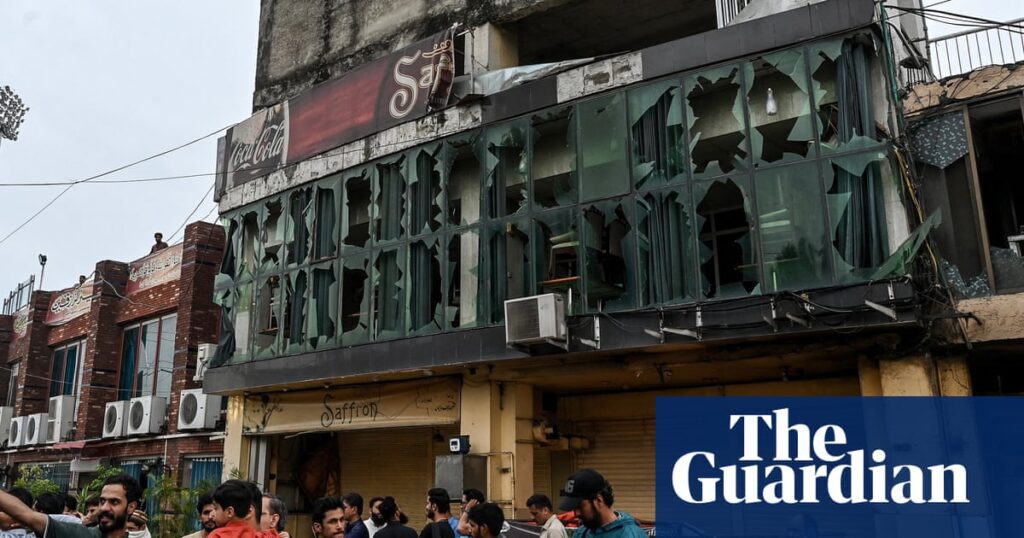Tensions escalated in Rawalpindi, Pakistan, after an Indian strike resulted in significant casualties and injuries, spurring public outrage and loud calls for retaliation against India. Protesters echoed slogans like “The war will continue until Kashmir is released” and demanded military action following India’s extensive airstrikes on alleged militant positions.
Amid a backdrop of historical animosity and conflict since the 1947 division, many people in Pakistan expressed a strong desire for a military response, criticizing their government’s inaction. The recent Indian drone attacks intensified calls for retaliation, with sentiments cutting across various demographics. Young protestors and government employees alike voiced their belief that action was necessary to uphold national honor, contrasting sharply with a previously subdued public appetite for war.
However, some voices urged caution, warning that renewed conflict could have devastating consequences for life, infrastructure, and the economy. In India, reactions were mixed, with some celebrating the strikes as strategic moves against terrorism but also expressing concerns about potential escalation.
The responsibility for any retaliatory action rests with Pakistan’s military leadership, particularly General Asim Munier, whose decisions will significantly impact public sentiment and military loyalty. As tensions mount, the risk of a wider conflict looms, with voices on both sides recognizing the potential costs of war.
Source link


